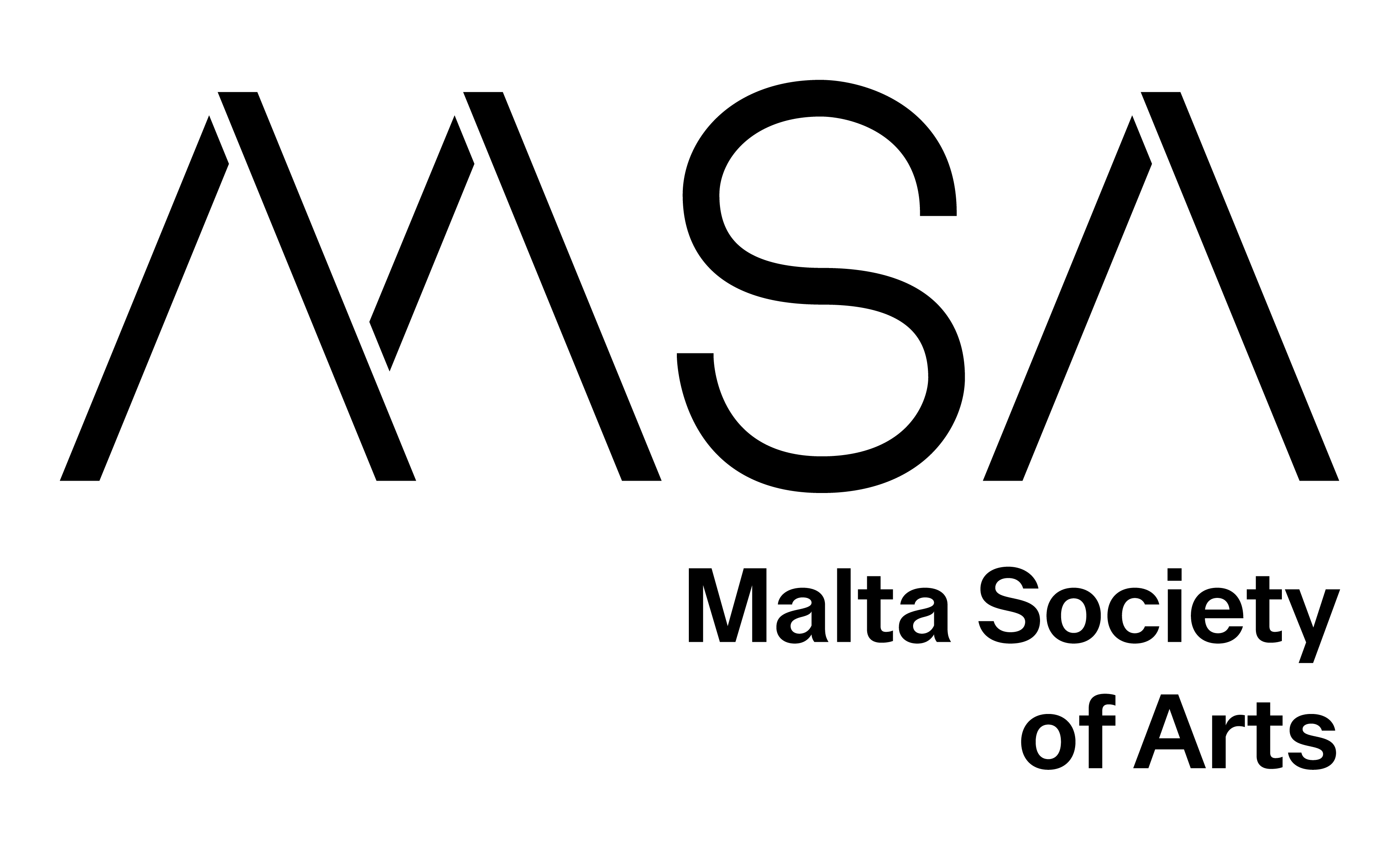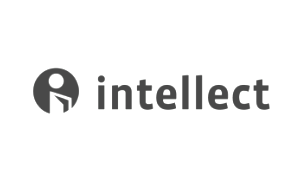Borders are to order social worlds; they organize time and space, socio-cultural taxonomies, symbolic systems, mental maps, social imaginaries, subjectivities and identities. Borders are not simply given, but are an art, a result of practice, an artifact. In this sense, they are artificial, constantly made and crafted, even invented. By creating order, borders are at the same time always already shifting, unstable, moving and thus, are being subverted, disturbed, destabilized – in fact, a constant failure of order.
In order to contribute to the discourse on the fragility of social values and norms, as well as their mediated or media-specific dimensions, we will in this paper discuss the art-science research process and some preliminary outcomes of the Art of Bordering (AoB) experiment implemented in 2022 by an international network of researchers, artists, curators, teachers etc. The AoB workshop brought together different thinking styles, analytic traditions and research methodologies, from cultural studies and anthropology to art history and artistic investigative practice. The included artistic approaches ranged from body-art and participative performance to the liminal mediality of the filmic gaze, from hacking corporate big data technologies to exploring the limits of humanity in cosmic contexts.
The workshop intended to treat borders with a combination of scientific and artistic research in explicit contrast, but seeking a synergy that allows for different mindsets and sectors to cross-pollinate. The attempt was to shed a manifold light at the concept of border from three different angles: The Craft of Bordering (everyday practices in and around of bordering as a process), Borders as Artifacts (the establishment and reiteration of borders through art and media), Crossing Borders (disruptive techniques and approaches challenging the boundaries of language, media, disciplines, and questioning the separation of art, science and technology).
This experimental approach resulted in an operational tool in the form of a curriculum, an interactive, artificial-intelligence-supported online manifesto currently living at xbordering.net. It provocatively states a set of cultural and thinking tactics articulated in this way to overcome philosophical, practical, political, administrative, educational, economic, societal, cultural, and language borders. At the present point of discussion, the curriculum manifesto poses the following topics which will be developed to indicate their possible life forms within arts and humanities education:
SOCIAL IMAGINATION
othering / visualising / relating / worlding / co-creating
MEDIA MATERIALITY
technology / intermediality / interactivity / accessibility / intermediation
RESEARCH APPROACH
nonlinear and plural / excessive and transgressive / critical and caring / elusive and playful / t(h)inkering and hands-on / embodied and situated / dehabitualizing and denaturalizing / cosmopolitan and mobile
pETER Purg, PhD is Associate Professor at both Arts and Humanities, University of Nova Gorica, whose new-media art (thinking) practice ranges from performance to education and interdisciplinary research. He is Dean of the School of Humanities and New Media module lead as well as coordinator or team lead in several projects crossing disciplines, sectors, theories and practices. For the Go!Borderless European Capital of Culture 2025 programme pETER Purg currently leads the xMobil art+science mobile lab and curates performances in the PostMobility project. With a PhD in media art, communication science and literature from the University of Erfurt in Germany, he often combines scientific inquiries that include media arts pedagogy, avant-garde studies, post-growth and media ecology with artistic experiments in performance and media art.
Dr. Kristina Pranjić is Associate Professor of Modern and Contemporary Art History and Literary Studies, and Research Fellow in Central and East European Avant-Garde Art and Contemporary Aesthetics at the University of Nova Gorica, Slovenia. In her work she investigates alternative epistemologies of avant-garde art, and ecocritical art history. Revitalising the field of avant-garde studies, she organised two international conferences that included artistic programs – The World as Objeclessness in 2018 and Cosmic Anarchism in 2021. Currently she is writing a book on Yugoslav Dada.
Back







